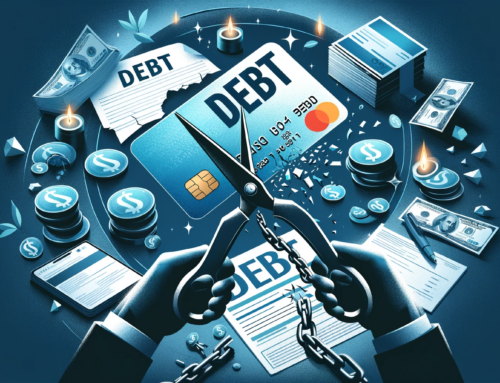As we look towards the future of real estate transactions, a seismic shift is on the horizon, one that promises to reshape the landscape of buying and selling property. The catalyst of this change? Blockchain technology. In this blog post, we’ll explore how this innovative technology is revolutionising the real estate industry, offering a glimpse into a future where transactions are more efficient, transparent, and accessible.
The Current State of Real Estate Transactions
Traditionally, selling a house involves several intermediaries: real estate agents, lawyers, banks, and mortgage brokers, each adding their layer of complexity and cost. The process can be lengthy, expensive, and often frustrating, with high commissions, legal fees, and a slew of other charges. This conventional method, while tried and tested, is ripe for innovation.
The Blockchain Revolution in Real Estate
Enter blockchain technology. Most commonly known for its role in cryptocurrency, blockchain is a digital ledger that is secure, transparent, and immutable. It allows for peer-to-peer transactions without the need for a central authority. This technology is now making its way into real estate, offering a new way of conducting transactions.
Imagine selling your house directly to another person, without the need for a real estate agent or traditional mortgage brokers. No more exorbitant commission fees, reduced legal expenses, and bypassing bank fees. This isn’t a distant dream; it’s a burgeoning reality.
Purchasing Real Estate with Cryptocurrency
One of the most immediate applications of blockchain in real estate is the ability to purchase property using cryptocurrency. As long as the seller is willing to accept digital currency, transactions can be conducted directly from one digital wallet to another, or through a cryptocurrency payment service provider. This method not only simplifies the transaction process but also opens up the market to a global audience.
More sellers and developers are beginning to accept cryptocurrency as a valid form of payment. This trend is not just a fad but a reflection of the growing trust and acceptance of digital currencies in the mainstream market. In the coming years, blockchain’s integration with real estate is predicted to evolve beyond just payments, potentially transforming various aspects of property transactions and management.
The Role of Smart Contracts
Smart contracts are self-executing contracts with the terms of the agreement directly written into code. In the context of real estate, they can be used to manage property transactions and ownership records. This technology brings several advantages:
- Accessibility and Transparency: All transaction history and property information are available 24/7, with real-time data and instant validation.
- Reduced Paperwork: Smart contracts eliminate the need for vast amounts of paperwork, simplifying the transaction process.
- Security: Being part of a blockchain, these contracts are secure and tamper-proof.
In the future, the use of smart contracts in property transactions could streamline the entire buying and selling process. For instance, a contract could automatically transfer ownership once payment is received, without the need for manual intervention or verification. This immediacy not only speeds up transactions but also reduces the potential for errors and fraud. The transparency and immutability of blockchain ensure that every aspect of the transaction is recorded and visible, fostering trust between parties and reducing the likelihood of disputes.
Moreover, smart contracts could revolutionise the way we handle escrow in real estate transactions. Funds could be held in a smart contract and released only upon the fulfilment of all agreed terms, providing security and peace of mind to both buyers and sellers. This digital escrow system would negate the need for third-party escrow services, cutting down on additional costs and time delays.
The potential for smart contracts extends beyond simple transactions. They could be employed to manage and automate property-related agreements like leases, rental agreements, and property management tasks. This automation would not only make managing property more efficient but also more accessible, potentially opening up investment opportunities to a broader audience.
Envisioning the Future: Real Estate Transactions in 2030
As we project ourselves into 2030, it’s fascinating to imagine how blockchain will have transformed real estate transactions. In the same way that we now look back and wonder how real estate agents managed without digital systems and mobile phones, we might soon be reminiscing about the pre-blockchain era. The possibilities are vast:
- Global Market Access: Blockchain could enable seamless international property transactions, making it easier for people to invest in real estate across borders.
- Fractional Ownership: Blockchain could facilitate the splitting of property ownership into smaller shares, making real estate investment more accessible to the average person.
- Streamlined Processes: The time taken to close a property deal could be drastically reduced, as blockchain eliminates many of the current bottlenecks.
The Road Ahead
While the integration of blockchain in real estate is still in its early stages, the potential is enormous. Challenges such as regulatory acceptance, technological literacy, and infrastructure development need to be addressed. However, the momentum is building, and the industry is taking note.
The real estate market is on the cusp of a technological revolution, one that promises to democratise property transactions and make them more efficient, secure, and accessible. As we embrace this new era, the way we think about buying and selling property is set to change fundamentally. Blockchain technology is not just a temporary disruption; it’s a paradigm shift in how we handle one of the most significant transactions in our lives: the buying and selling of our homes.



